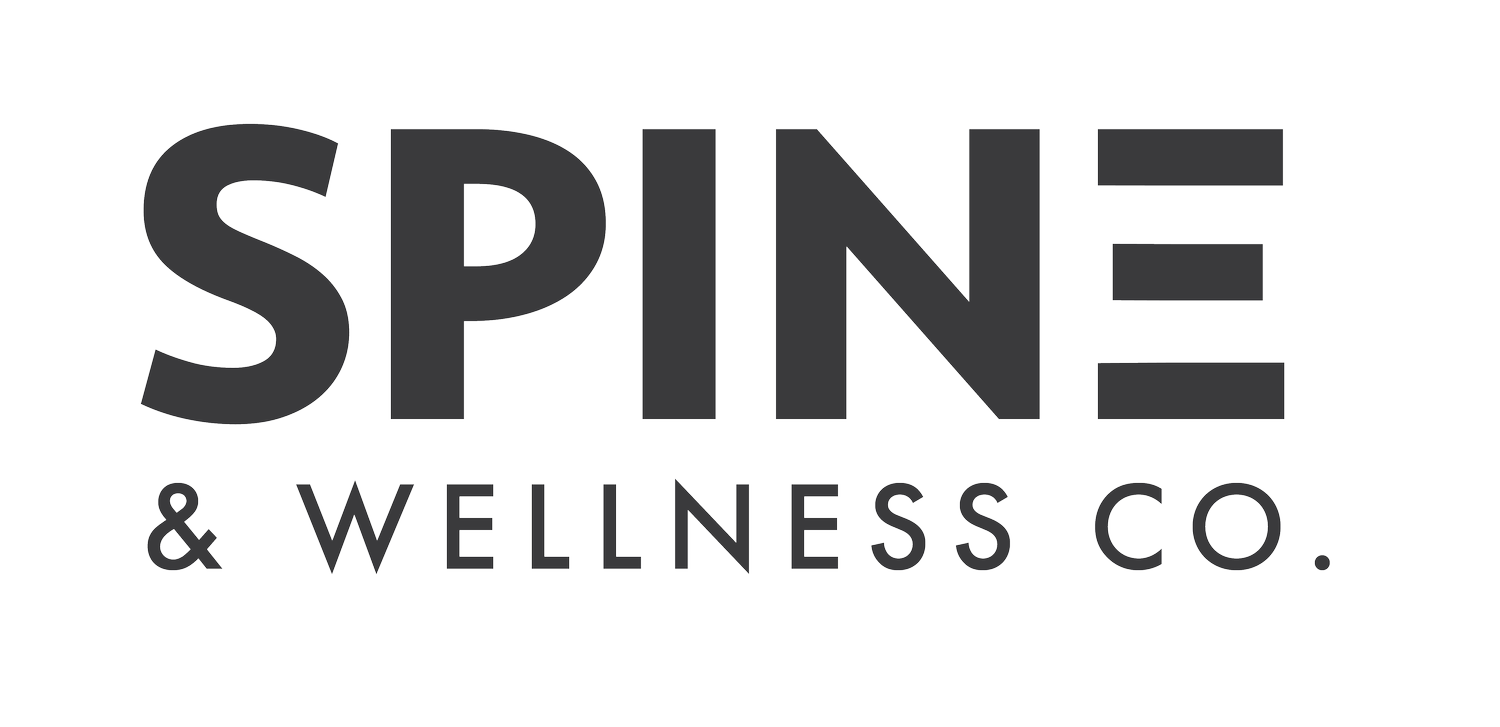Red Flags to Watch for When Choosing Supplements
Choosing supplements can be a tricky business. With so many brands to choose from and strategic marketing tactics that try to sway your decisions, the very thought of walking down the vitamin aisle can be completely overwhelming!
We get it–and we’re here to help. To help you avoid buying a product that won’t do much good for your body, here are some red flags to watch out for when you’re shopping.
1. Avoid products that don’t tell you how much of the vitamin/mineral you’re getting.
Some labels will include words like “proprietary blend” or “herbal complexes” but not actually list out the quantity of the vitamin/mineral/herb in the product. Every supplement you buy should list out the quantity of the key ingredients, as well as any fillers or capsule ingredients.
2. Avoid catchy claims.
Marketers are smart and will try stamping a label with all kinds of catchphrases to get you to pick up a product off the shelf. Phrases like “pharmaceutical grade” or “lab tested” don’t actually mean much, as there are no standards set for these claims. If you have concerns about a product’s quality, you’re much better off getting a brand recommendation from a qualified healthcare professional or calling the supplement company directly to question them on their products.
3. Avoid equating price with quality.
Just because a supplement is pricey doesn’t mean it is of high quality. Some of the best quality products are not the most expensive ones. Make your decisions based on ingredients, if the quantity of the nutrients fit your needs, and the reputation of the company–not just the price.
4. Avoid products with bulking ingredients.
Common bulking ingredients include cellulose or talcum powder, which companies include in supplements to take up space in the capsule. While some fillers are inevitable, compare brands carefully, read labels, and choose the products with the highest concentration of active nutrients. For example, if Company A and Company B both list cellulose as an ingredient in their magnesium, but Company A’s capsule contains 100mg more magnesium than Company B’s capsule, that tells you that Company B is packing less magnesium and more cellulose into their product.
5. Avoid making impulse purchases.
It’s so easy to be swayed by the colorful labels and catchy claims of supplements at the local health food store! Browsing is certainly fun, but before you buy, consider doing your research to determine which options are the highest quality and best suited for your needs.
Our office is a great place to start! Ask us your supplement questions next time you’re in and we’d be more than happy to offer some pro tips!

